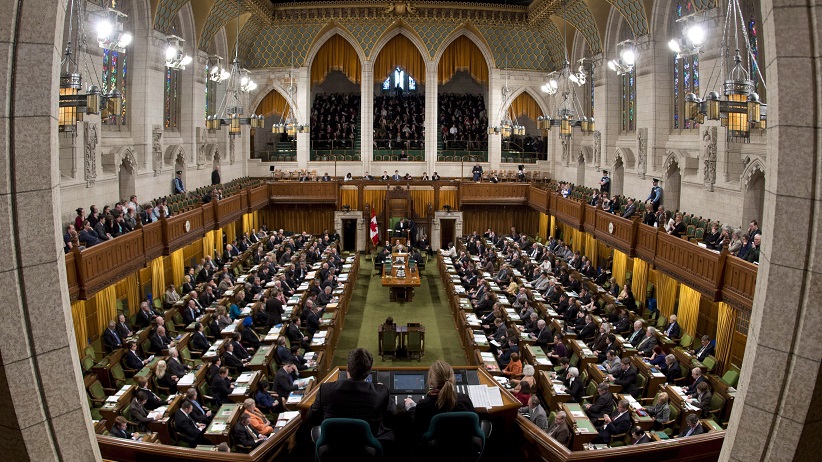Must-see QP: Who cares more about veterans?
Your daily dose of political theatre
Share

Maclean’s is your home for the daily political theatre that is question period. If you’ve never watched, check out our primer. Today, QP runs from 2:15 p.m. until just past 3. We livestream and liveblog all the action.
The must-see moment
The most feared and respected man in Ottawa is releasing a report this week about the government’s handling of mental health services for veterans. That man is Michael Ferguson, and he is the Auditor General of Canada. The timing is bad for Stephen Harper’s team. His government’s relationship with veterans is already in decline. The CBC spoke to the founder of a non-profit, Canadian Veterans Advocacy, who called his group’s relationship with Minister Julian Fantino “toxic.” A former veterans ombudsman told the public broadcaster that the military is “terribly dysfunctional.” Fantino’s latest approach to public relations is two-fold: defend his department’s lapsed funding—$1.1 billion of appropriated spending, since 2006—as standard operating procedure; and announce a six-year, $200-million program to bolster mental health services for veterans.
Liberal MP Frank Valeriote rose in question period to ask, rhetorically, just how much of that announced spending will also lapse. Valeriote questioned the timing of the announcement, mere days before Ferguson’s presumably critical report. Valeriote revealed the government’s permanent advantage: every time the AG blasts a department, that department prepares a response before any report becomes public. Often, pledged fixes are technical, or administrative, or without any kind of price tag. This response comes with an immediate, and hefty, price tag. It won’t be nearly enough to satisfy the critics, but $200 million might change the subject in Parliament.
The recap
The context
The stench of sexual harassment lingers. Robin Sears, a longtime New Democrat who spent time around Parliament Hill before most of today’s youngest staffers were born, told the Hill Times that there “won’t be very many innocents” as an entrenched culture of harassment gradually comes to light. Outside of Ottawa, two more pre-election narratives take shape as voters start to think about the next federal campaign: what Harper vs. Wynne could mean in Ontario, and how Mulcair vs. Trudeau could turn votes in Quebec. Few of your friends and neighbours may be thinking about that election, but everyone whose job depends on its outcome is already hard at work trying to win.